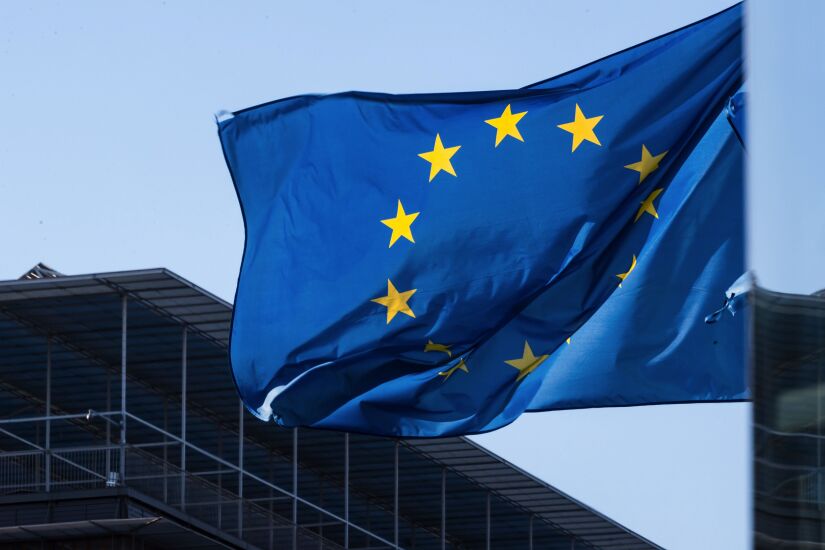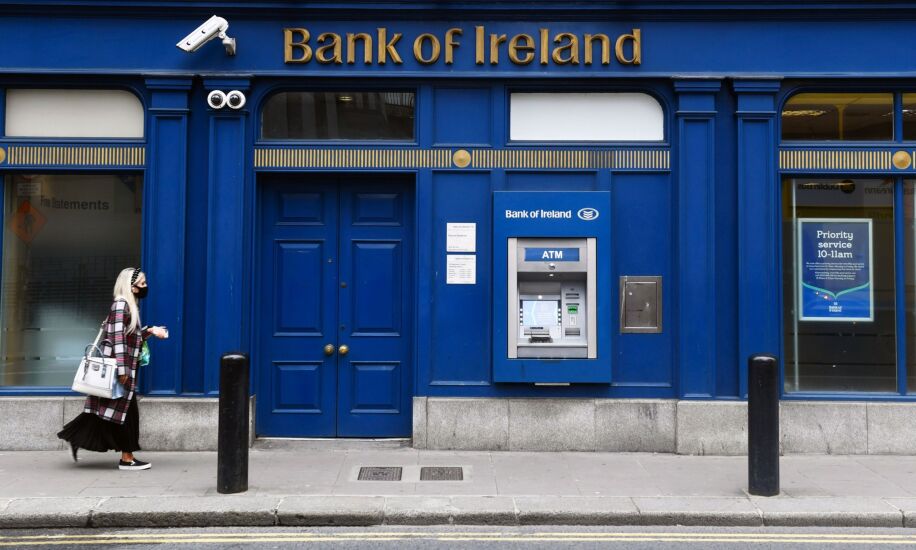In global news this week, the U.K. debates a plan to protect cash, the EU sets a timeline for its Digital Markets Acts, PayPal and Standard Chartered invest overseas, and more.
Here's what's happening around the world.
In global news this week, the U.K. debates a plan to protect cash, the EU sets a timeline for its Digital Markets Acts, PayPal and Standard Chartered invest overseas, and more.
Here's what's happening around the world.








The Arkansas-based company spent nearly four years on the M&A sidelines, grappling with asset quality issues and litigation tied to its 2022 acquisition of Texas-based Happy State Bank. Now it's signed a letter of intent to buy an unnamed bank.
The company cited efforts to improve profitability behind its decision, with Popular joining a line of other banks in ending mortgage operations in 2025.
The 23rd annual dinner honored bankers and finance leaders at the top of the industry.
Zelle's parent Early Warning Services said Friday it was planning to take its peer-to-peer payments network international through a new stablecoin initiative. It says the details will come later.
Nicolet Bankshares has agreed to buy MidWestOne Financial in an $864 million, all-stock deal. The acquisition will move the Wisconsin-based buyer into Iowa and the Twin Cities, while also allowing it to vault past a key regulatory threshold.
A think tank report details setbacks in U.S. cyber strategy, from shuttered partnerships and staff cuts to the expiration of key info-sharing laws.